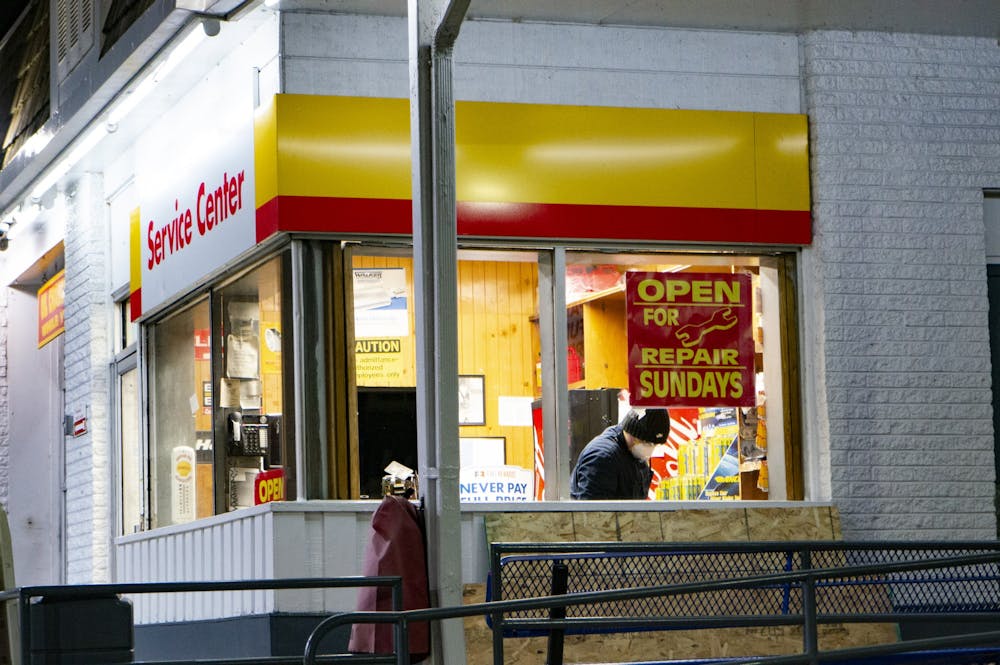In a June 17 press conference, labor organizers and essential workers called on U.S. Sen. Thom Tillis, R-N.C., to support the the Health and Economic Recovery Omnibus Emergency Solutions (HEROES) Act, a $3 trillion piece of COVID-19 relief legislation that includes a second round of stimulus checks and other worker-protecting provisions.
MaryBe McMillan, the president of the North Carolina State AFL-CIO, which hosted the conference, said this legislation, which is awaiting Senate approval after being passed by the U.S. House of Representatives on May 15, comes at a crucial time.
“The wage gap between Black and white workers is the largest it’s been in 20 years,” McMillan said. “This racism in our economy means people of color are often underpaid, underemployed and unemployed, and not surprisingly it means more Black and brown people live in poverty.”
McMillan said policymakers should support legislative solutions in the act, like investing in infrastructure and putting people back to work, as well as other worker support policies, like raising the minimum wage, providing childcare subsidies, paid leave and medicaid expansion, to address these inequalities.
“Policies that, if they had been in place before COVID-19, we wouldn’t see the suffering we do now, especially in communities of color,” McMillan said.
William Munn, a policy analyst for the North Carolina Justice Center, said the HEROES Act will bring benefits to essential workers, who are disproportionately people of color, that will better protect their health and safety through the rest of the pandemic.
“This legislation puts resources in the hands of people who are deemed essential, and according to data, Black and brown workers have been much less likely to work from home,” Munn said. “They are much more likely to be deemed essential.”
For Sherita McCullers, a GoRaleigh transit worker, the effects of the pandemic are personal.
“Two weeks ago, I had to bury my godmother, she couldn’t beat or fight COVID-19. Last Wednesday, my brother was admitted into the hospital as well, and he’s fighting COVID-19, and it’s attacking his kidneys,” McCullers said during the conference. “So I know COVID-19 is real.”



